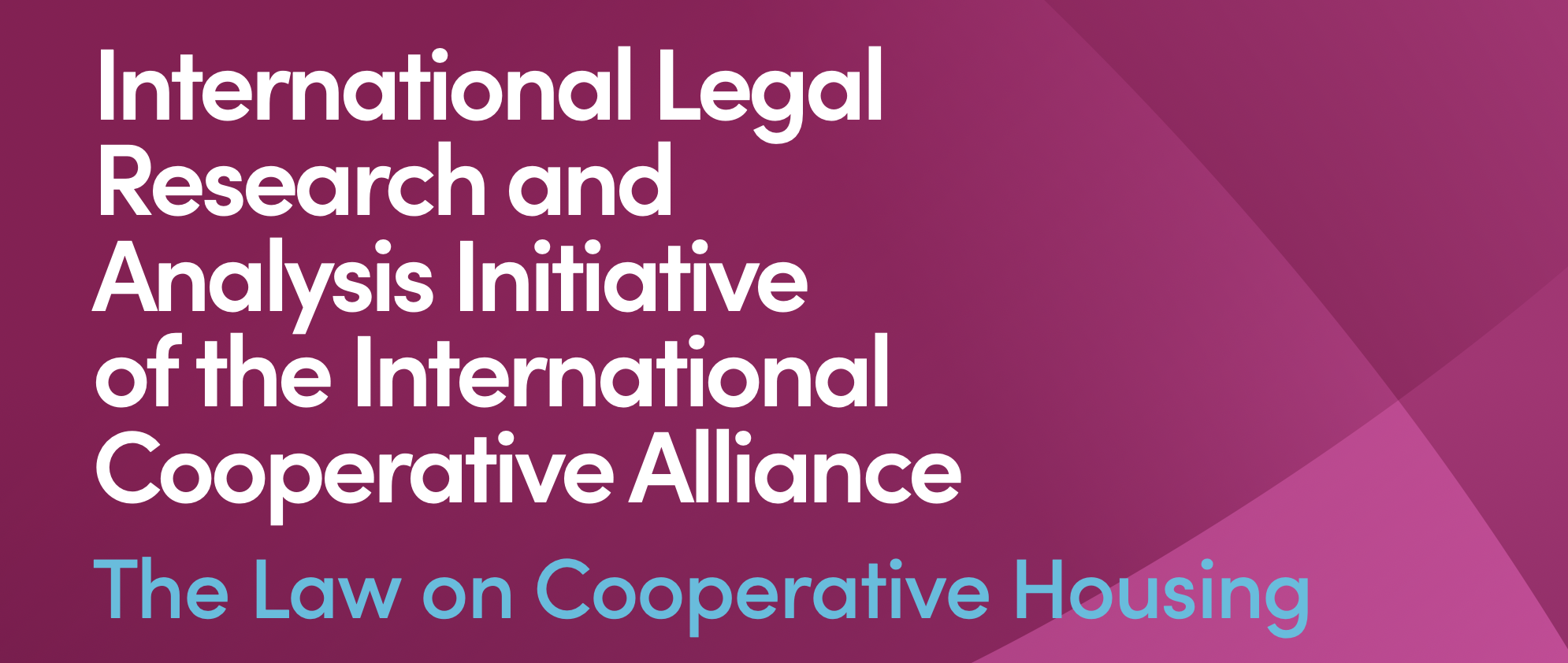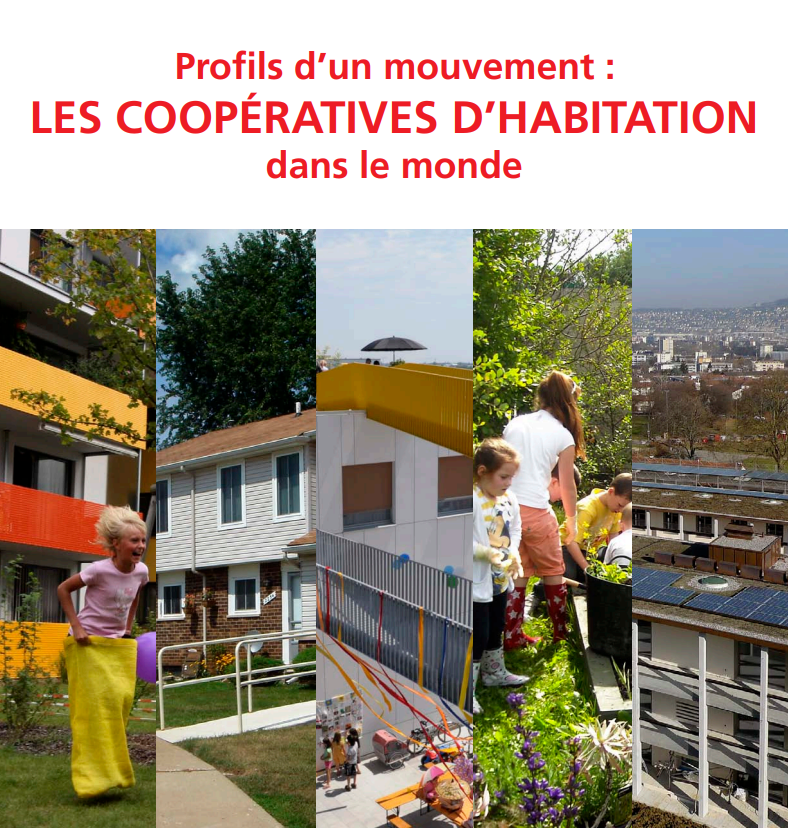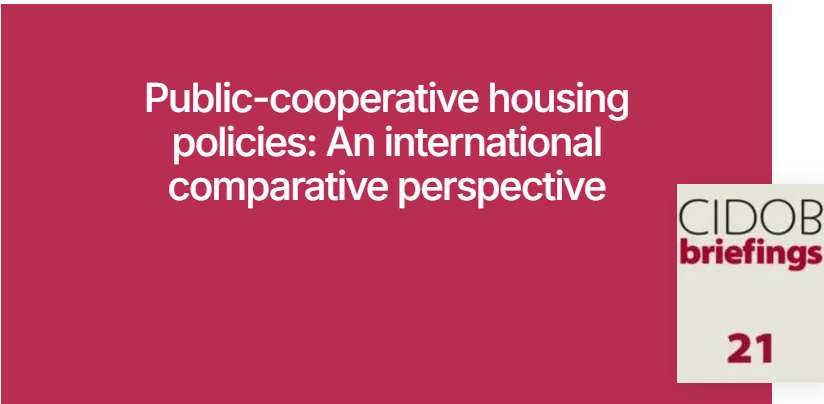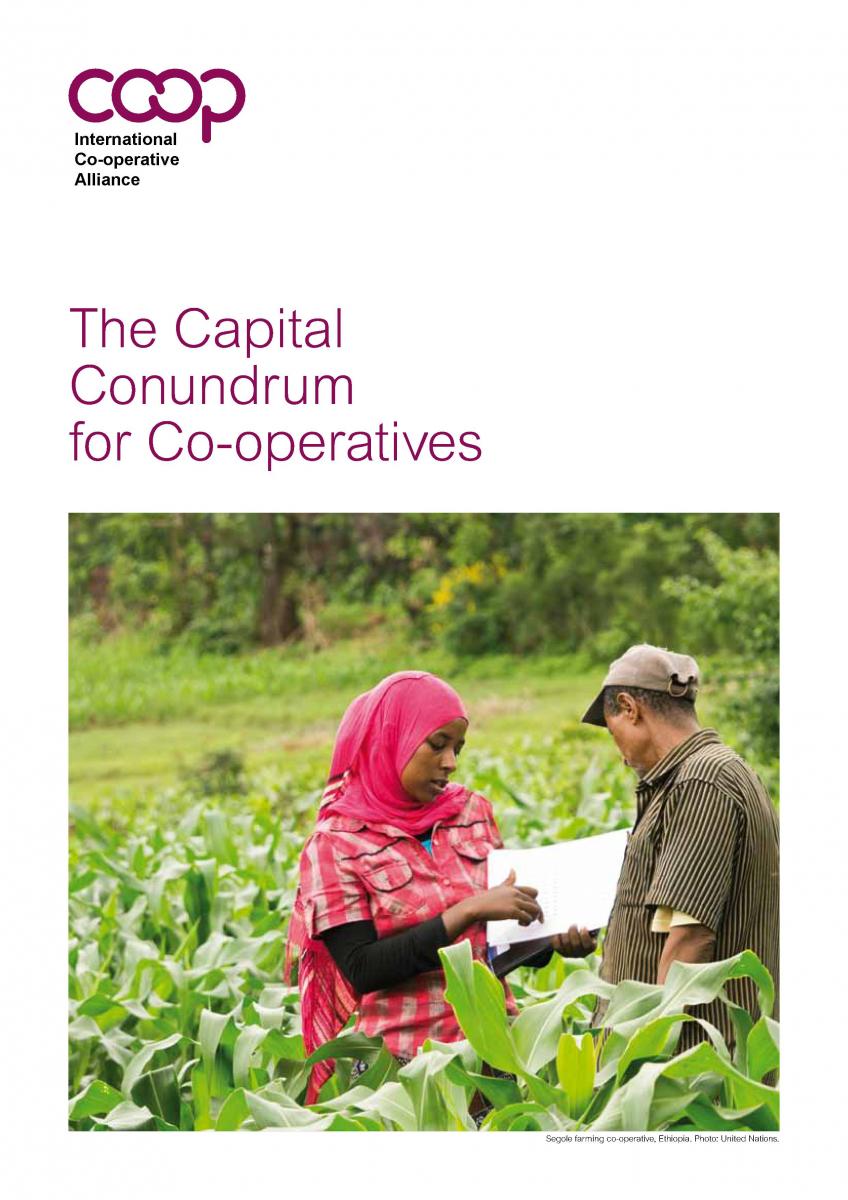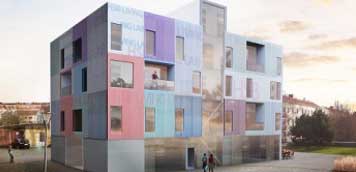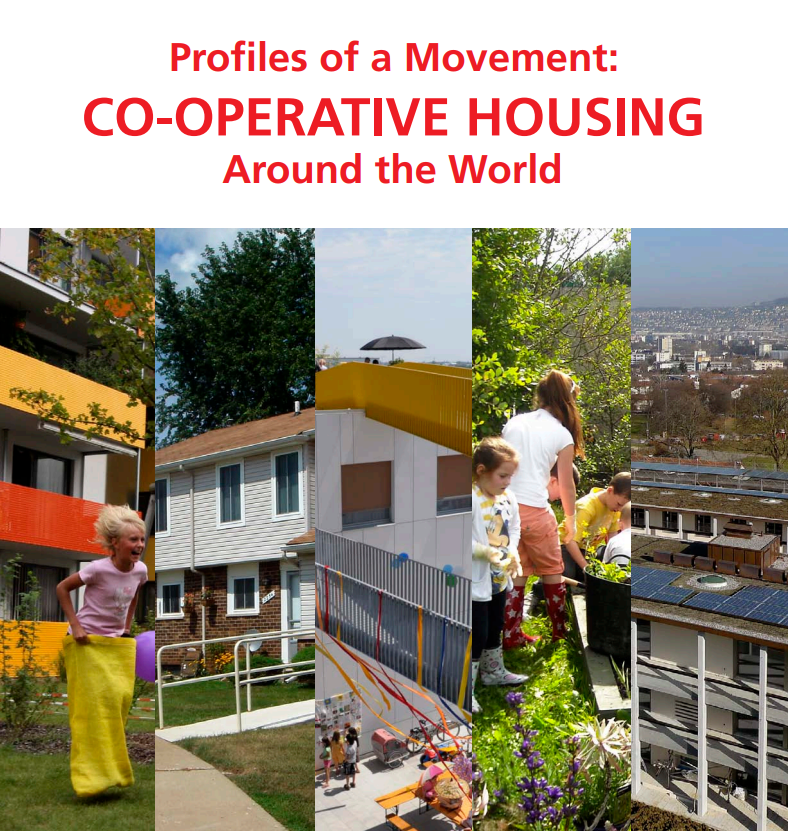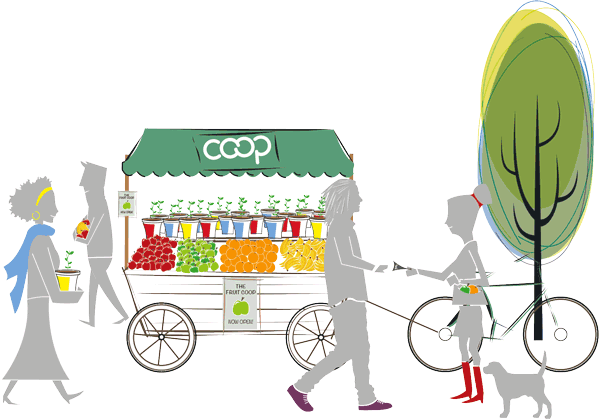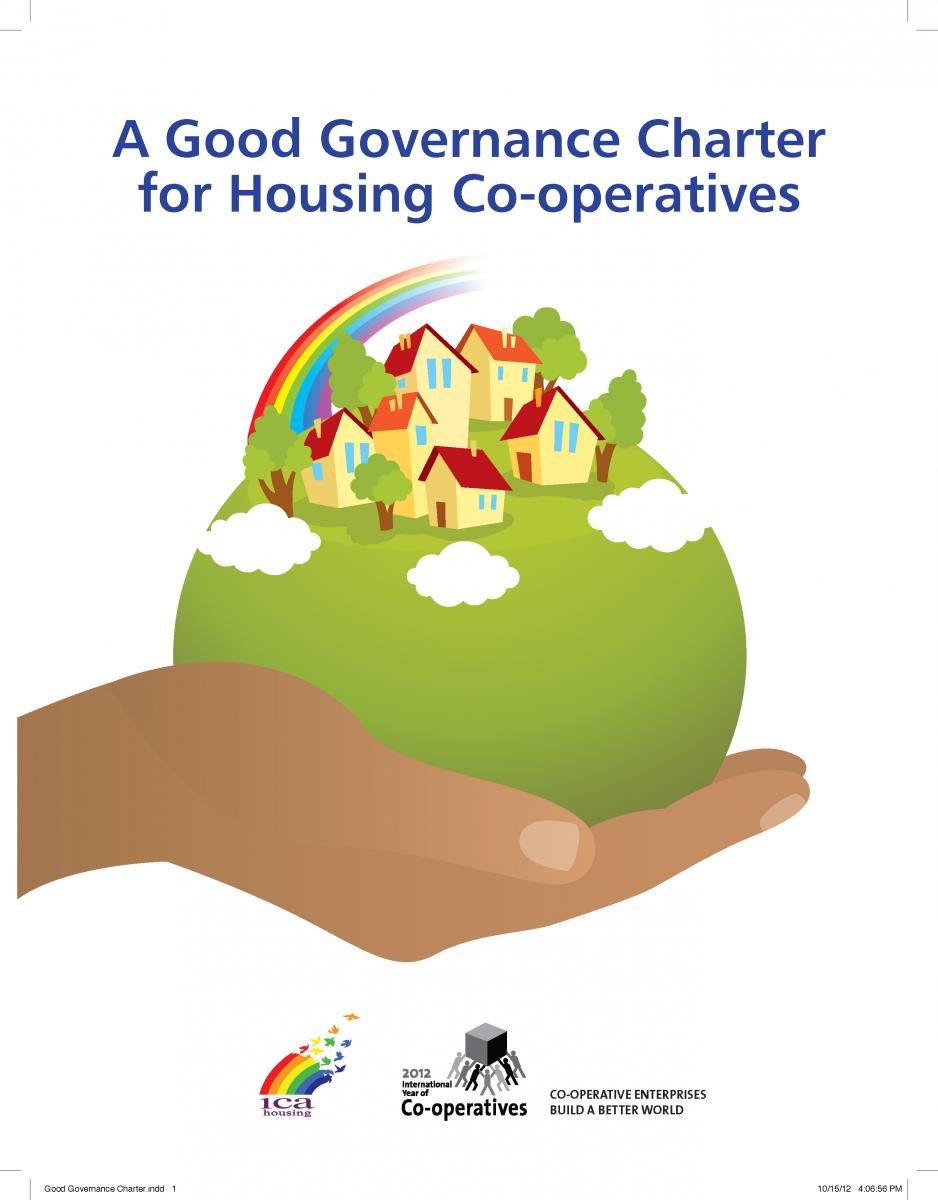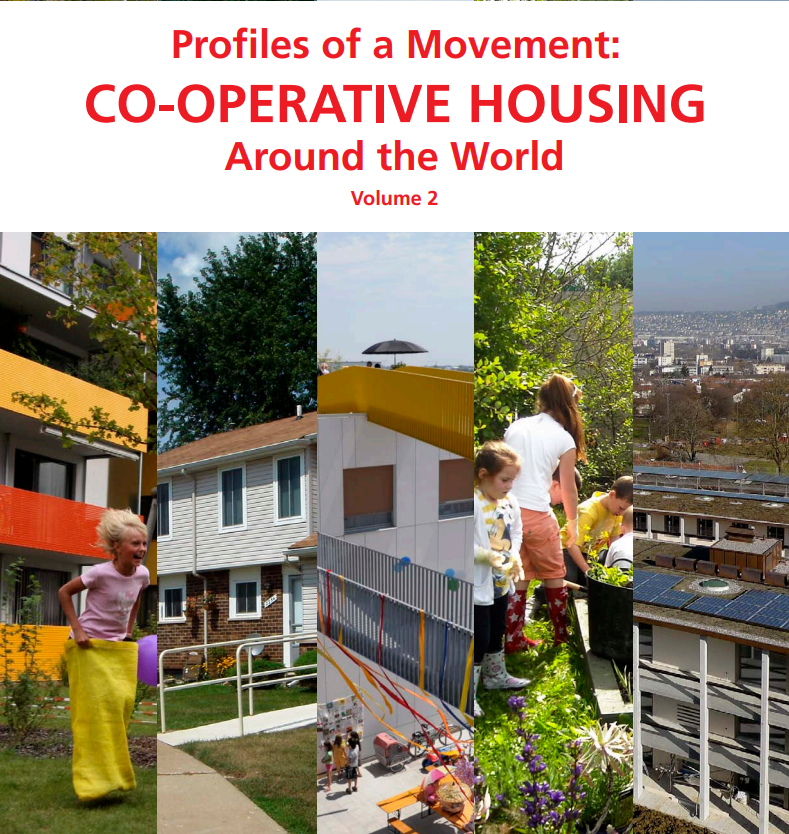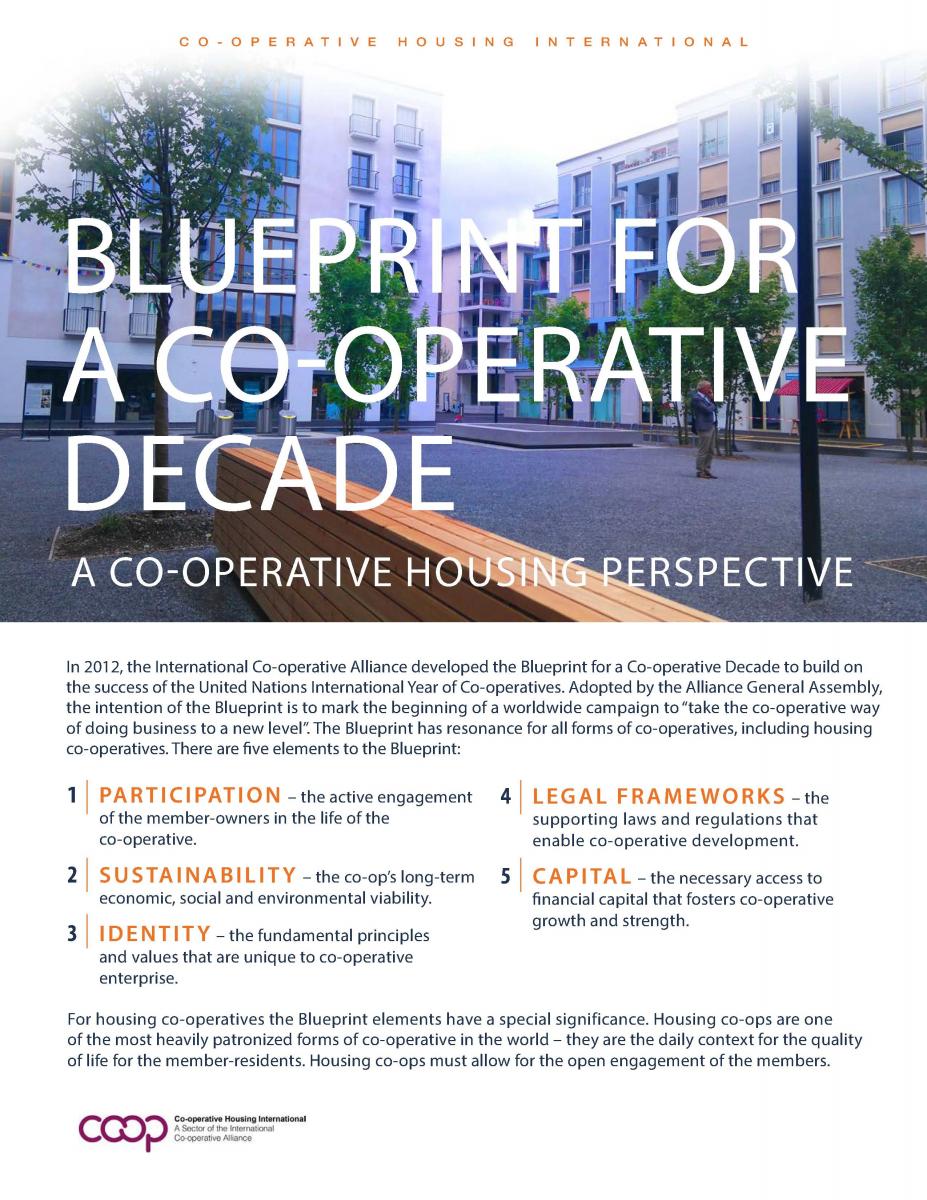About Pakistan
The co-operative movement in Pakistan has deep historical roots and continues to play a significant role in multiple sectors, particularly housing. Below is an overview of its development and current state.
Post-Independence Housing Crisis
Following the creation of Pakistan in August 1947, the country faced an acute housing crisis due to mass migration. Squatter settlements emerged rapidly as the state lacked resources to meet the housing needs of its growing urban population. Industrialization and rural-to-urban migration intensified the issue.
To address this, the government issued various laws through Governor’s Ordinances and later Presidential Regulations, focusing on safeguarding co-operative assets and funds.
Growth of Housing Co-operatives in Sindh
In the pre-partition period, the housing co-operative movement was nascent. In Sindh, 46 housing co-operatives operated, primarily in Karachi (22), Hyderabad (23), and Sukkur (1).
In 1949, 24 primary housing co-operatives formed the Karachi Co-operative Housing Societies Union, a central body tasked with housing development. With government backing, including over 1,200 acres of land leased for township development, the Union addressed housing shortages. The Pakistan Employees Co-operative Housing Society Limited was among other notable beneficiaries.
Today, housing co-operatives are widespread throughout Karachi and play a key role in mitigating the province’s housing challenges.
Evolution of Co-operatives in Punjab
In Punjab, the government managed housing through trust organizations like LIT and RIT until the 1970s. Thereafter, both commercial and co-operative developers became active. However, a major corruption scandal in the mid-1990s undermined public trust. Thousands lost their investments, prompting the Punjab government and the National Accountability Bureau to compensate victims. As a result, a 1997 ban halted the registration of new co-operatives.
Limited Progress in Baluchistan and Other Regions
Co-operatives were introduced in Baluchistan in 1950, but progress was minimal until 1955, when limited financial aid was provided. Similarly, housing co-operatives have emerged in the North West Frontier Province (now Khyber Pakhtunkhwa), and some exist in Islamabad. However, data on the number of co-operatives in the capital territory is lacking.
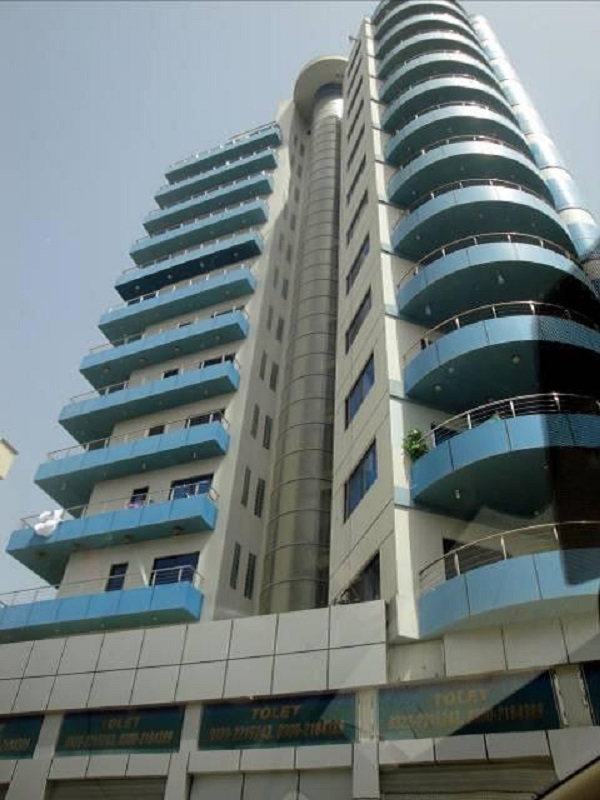
Housing Co-operative Project from the Karachi Co-operative Housing Societies Union
Challenges and Decline in the 1960s
The 1960s saw renewed momentum due to government support and the establishment of Cooperative Banks. Nonetheless, weak oversight, lack of trained personnel, and widespread fraud resulted in massive financial losses for members. Consequently, the government imposed sweeping bans on various co-operatives. While intended to curb malpractice, these measures also penalized legitimate co-operatives and bred public distrust.
Need for Structural Reform
While foundational legislation and administrative structures are in place, they are often ineffective due to political interference and poor enforcement. Co-operatives require sound laws, rigorous oversight, and grassroots support to thrive.
Socio-Economic Context
Although Asia is resource-rich, it suffers from poor planning and outdated technologies, resulting in widespread poverty. Countries like Japan, Singapore, and Malaysia have leveraged co-operation effectively, but others, including Pakistan, struggle with widespread underdevelopment.
Pakistan ranks seventh globally in population and fifth in Asia. Its housing conditions are marked by overcrowding, inadequate sewage, pollution, and poor building standards. Security of tenure is also lacking. With an annual population growth rate of 3%, the housing crisis is worsening.
Provincial Oversight and Jurisdiction
Housing is a provincial matter. Registration of housing co-operatives is managed by provincial authorities, who also intervene when co-ops fail to comply with bylaws. Pakistan comprises five provinces and three territories, each with its own administrative structures.
Housing Demand and Informal Settlements
As of 2008, the housing shortfall was 270,000 units annually. Nearly half the urban population lives in informal settlements or “Katchi Abadis.” These are either unauthorized occupations of state land or informal subdivisions. While some are eligible for regularization, others are not, often due to state development plans or ecological concerns.
Sindh and Punjab implemented Katchi Abadi Departments to address this issue, but progress has been limited. Karachi alone has 650 such settlements. Infrastructure projects have led to widespread evictions, affecting around 180,000 households, as reported by UNESCAP.

Co-operative Housing Project from the Karachi Co-operative Union Societies Union
Role of Housing Co-operatives and Needed Reforms
Co-operatives have provided viable housing solutions for thousands. For instance, Karachi’s Scheme #33 allocates 5,853 acres to 130 housing co-ops, aiming to house 3 million people. Similar efforts exist in Hyderabad and Sukkur.
However, challenges persist. Rapid population growth, lack of funding, land scarcity, and political instability hinder progress. Internal issues, such as poor leadership, illiteracy, and fraud, further erode credibility.
To move forward, co-operatives need:
- Legislative reforms to confer tenure and ownership, especially to women
- Controlled building costs
- Access to microfinance and grants
- Environmental improvements
Ethical leadership and management education are critical for the movement’s success.
Housing Co-operative Projects: Karachi Co-operative Housing Societies Union
Township Development Model
In Pakistan, housing co-operatives typically follow a township model. The state provides large land parcels to co-operatives or the Union, which then develops and leases plots to members. Infrastructure is developed either by the provincial/city authority or the Union, with fees paid by the co-ops. Co-op members, who are tenant-owners, construct their own homes in accordance with approved site plans.
Despite owning the homes, members pay nominal rent to the Union, as stipulated by the land transfer agreements. Property transfers remain under co-operative jurisdiction. Maintenance is typically the individual owner’s responsibility.
Financing Challenges
The state provides land but no financial assistance. Development depends on member contributions. Any funding disruption halts progress and reduces member confidence. Adequate financial mechanisms are essential to break this cycle.
Public trust is slowly being restored through the efforts of competent co-operatives and dedicated individuals. Government support and public education campaigns could significantly strengthen the sector.
KCHSU has proposed a Housing/Shelter program for low-income communities, currently under government review. If approved, it will combine land allocation with internal funding to improve living conditions. A proper financing framework is considered vital for attracting domestic and international investment.
KCHSU also proposes to revive the Sindh Provincial Co-operative Bank (SPCB), offering to modernize its operations and inject working capital. The goal is to establish a transparent and effective loan system.
Legal Framework
Key legislation applicable across Pakistan includes:
- The Co-operative Societies Act, 1925 (extended nationwide from Sindh in 1965)
- Co-operative Societies Rules, 1927
- Sindh Co-operative Housing Authority Ordinance, 1982
These laws govern registration, operation, and supervision of housing co-operatives.
Current Scope of the Co-operative Movement
Pakistan has no national body coordinating housing co-operatives. Activities and effectiveness vary by province. Each province does have a dedicated co-operative department to promote and monitor developments.
| Province |
Housing Co-operatives |
Members |
| Pakistan |
2,687 |
1,955,190 |
| Sindh |
1,275 |
855,989 |
| Punjab |
669 |
647,000 |
| Other (KP, Baluchistan, Islamabad, etc.) |
743 |
452,201 |
Resources Tagged "Pakistan"
The Cooperative Identity — the shared values and principles that unite cooperatives worldwide — is being revisited for the first time in decades. The International Cooperative Alliance (ICA) has released Discussion Draft 2 of ...Read More
Governance Global Study
The International Legal Research and Analysis Initiative (ILRAI) of the International Cooperative Alliance, coordinated by Cooperative Housing International, provides the first comparative legal analysis of cooperative housing fra ...Read More
Legal Global News Article
L'habitat coopératif offre des logements abordables à long terme, gérés par les résidents, avec des avantages sociaux, économiques et environnementaux avérés. Malgré son impact mondial, ce secteur reste méconnu.Read More
Financing and Development Global Report
Explore public policies supporting cooperative housing worldwide in this comprehensive report. Discover how governments and cooperatives collaborate to create sustainable and affordable housing solutions globally.Read More
Research Global Research Paper
The Commission's final report on Cooperative and Mutual Housing (Bringing Democracy Home) highlighted the need for consideration of the role that cooperative and mutual housing could play in the national housing strategy. The Fina ...Read More
Financing and Development Global Report
Par cette publication, nous souhaitons ouvrir le débat sur le logement en tant que droit fondamental et enjeu métropolitain, en mettant en lumière l’expérience de grandes métropoles et dans l’espoir d’inspirer des idées nouvelles pour aborder cet enjeu absolument fondamental de l’urbanisation moderne.Read More
Advocacy Global
In 2000, United Nations (UN) member states recognised the need to build global partnerships for development and the exchange of expertise as one of the Millennium Development Goals. Across the international development field, part ...Read More
Financing and Development Global
New report: The Capital Conundrum for Co-operatives "The Capital Conundrum for Co-operatives", a new report released by the Alliance’s Blue Ribbon Commission explores ideas and options available to co-operatives that need suitab ...Read More
Financing and Development Global
Financing the development of housing co-operatives is a challenge and more so in time of financial restrictions and uncertainty. CHI members discussed the issue during a seminar held in November 2009 in Geneva. Presentations w ...Read More
Financing and Development Global
The Forest Products Annual Market Review 2013 reports that the development of new refinement processes has led to the production of new and more affordable wood based products such as cross-laminated timber (CLT). The report sta ...Read More
Sustainability Global
Updated Guidance Notes on the Co-operative Principles, edited by David Rodgers, former President of Co-operative Housing InternationalRead More
Governance Global
The ILO views cooperatives as important in improving the living and working conditions of women and men globally as well as making essential infrastructure and services available even in areas neglected by the state and investor-driven enterprises. Cooperatives have a proven record of creating and sustaining employment – they provide over 100 million jobs today; they advance the ILO’s Global Employment Agenda and contribute to promoting decent work.Read More
Legal Global
Cooperative housing offers long-term, affordable homes governed by residents, with proven social, economic, and environmental benefits. Despite its global impact, the sector remains under-recognized.Read More
Financing and Development Europe Report
Student housing cooperatives have become very popular in the USA and many of these housing co-operatives are members of organizations such as NASCO. Unlike a resident who acquires shares at market rates to earn the right to occupy ...Read More
Community Global
The Good Governance Charter for Housing Co-operatives was launched at the ICA Housing Plenary in Manchester in November 2012.It has three parts:A 10-point set of good governance practicesAn interpretive statement for each good p ...Read More
Governance Global
This second volume of Housing Co-operative Profiles focuses on African countries, showcasing the ingenuity and commitment of cooperators working under difficult conditions. It offers insights into the legal, financial, and historical contexts of housing co-ops, aiming to inspire broader adoption of the model as a solution to the global housing crisis.Read More
Community Global Report
The Blueprint for a Co-operative Decade is a worldwide campaign to “take the co-operative way of doing business to a new level”. The five key elements of the Blueprint are participation, sustainability, identity, legal frameworks and capital. The Blueprint is particularly relevant to co-operative housing and the Blueprint interpretation for co-operative housing below explains how.Read More
Governance Global

